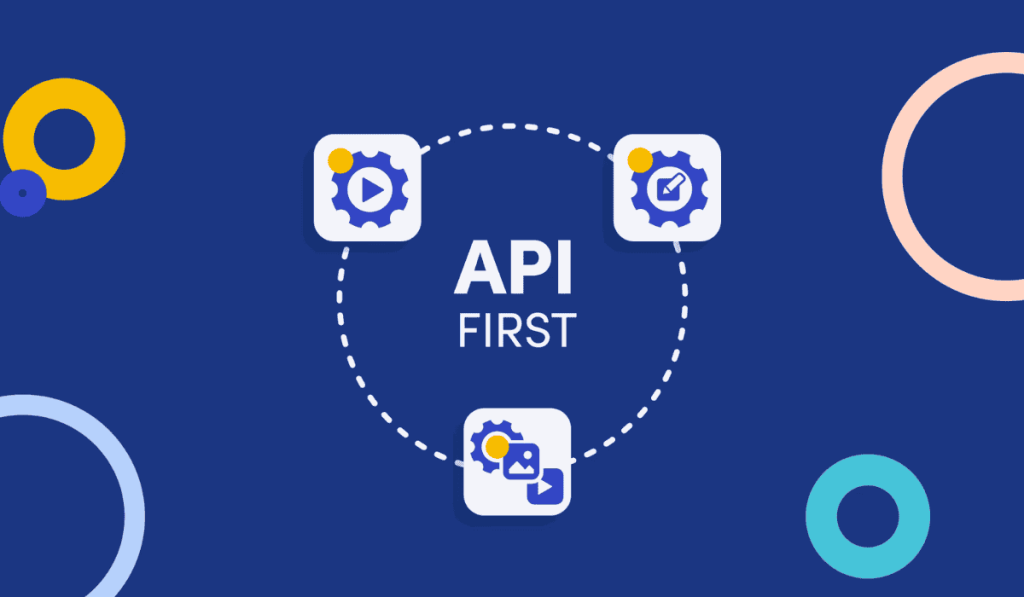
Software development in 2025 is quickly embracing an API-first strategy. Unlike monolithic development, API-first is focused on constructing software as a set of separate services, built to plug directly into other applications.
It enables companies to develop scalable, elastic, and long-lasting solutions that meet changing market demands.
Why API-First Matters ?
API-first development enables us to innovate quicker through the ability of teams to develop functionality without regard to system constraints. APIs function as building blocks, linking various services and platforms fairly effectively.
The kind of development saves time required, elevates interoperability, and enables the software to adapt to changing business requirements without extensive redesigns.
Real-World Applications
Most contemporary SaaS applications, fintech applications, and e-commerce websites are embracing API-first designs. Payment gateways, for instance, embrace APIs to integrate seamlessly across several platforms, while e-commerce marketplaces embrace APIs to integrate third-party logistics, inventory, and marketing apps.
Even applications run by businesses within have advantages through data and functionality sharing across departments without twisted coding.
Developer Best Practices
To work well with API-first development, developers need to be concerned about scalability, security, and readability. Properly documented APIs make collaboration straightforward between teams and third-party vendors.
Strong authentication and rate-limits guard against sensitive information, and modularity enables applications to scale without sacrificing performance. API testing up front and frequently is the key to ensuring reliability as systems expand.
Benefits for Businesses
API-first development is linked with quick time-to-market, lower operational expenses, and more interactive software solutions for an organization. It is easy for companies to add new features, third-party service integration, and react to market trends.
It also fosters collaborative organizational culture among operations, development, and business teams and drives innovation in the organization.
Conclusion
The API-first era is revolutionizing how software is written and scaled in 2025. With modularity, flexibility, and integration on their agendas, companies can write applications that are future-proof, flexible, and resilient.
Companies that implement API-first methods put themselves in line for long-term growth, successful operations, and competitive advantage in today’s constantly changing digital world.
